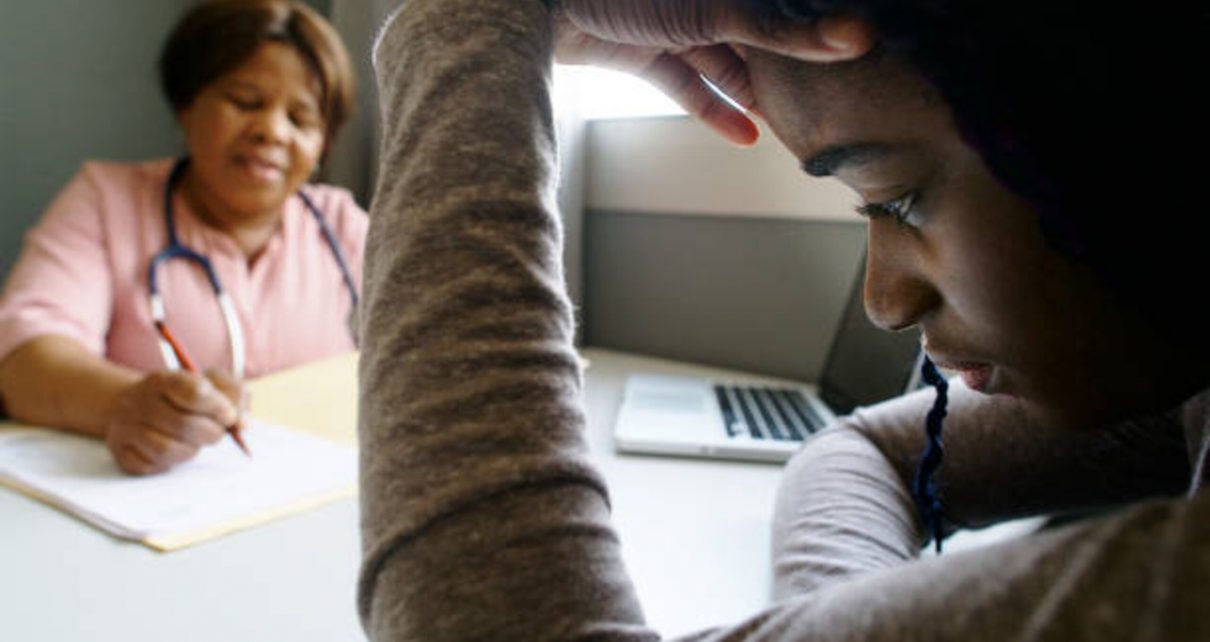In a concerted effort to destigmatise mental health issues and promote empathy towards affected individuals, the Coordinating Minister of Health and Social Welfare, Prof. Ali Pate, has called for a shift in perspective within Nigeria. This call came during the 2023 World Mental Health Day, celebrated under the theme “Mental Health is a Universal Human Right.”
Pate emphasised that it’s crucial to decriminalise mental health concerns and address them with the same empathy as other medical conditions. Drawing a compelling analogy, he pointed out that just as malaria isn’t criminalised, there’s no reason to criminalise mental health issues.
“Put yourself in their position,” he urged, underscoring the importance of empathy for those struggling with mental health conditions.
Acknowledging the global prevalence of mental health issues, Pate emphasised that mental health is a vital aspect of overall well-being. He stressed that 15 per cent of the disease burden in Nigeria is attributed to mental illness, a significant cause of morbidity and even mortality.
To address this public health challenge, Pate emphasised the need for a multi-sectorial and multi-stakeholder approach, which aligns with the Federal Government’s strategy to broaden the perspective on mental health. This includes the implementation of the Mental Health Act, the development of guidelines, and the enhancement of access, affordability, and quality of mental health care.
Additionally, the Minister of State, Dr. Tunji Alausa, highlighted the urgency of tackling substance abuse, particularly among the youth, as a major societal concern. Recognising the importance of collective action, Alausa called on families and religious leaders to contribute to ending this scourge.
Moreover, the government is working to transform neuropsychiatry hospitals into Federal Specialist Hospitals, broadening their scope beyond psychiatric care. The incorporation of mental health services into primary health care centres is another promising step towards a more comprehensive approach.
At a broader level, the National Human Rights Commission (NHRC), represented by Mr. Tony Ojukwu, emphasised the importance of giving effect to the National Mental Health Act (2023). The NHRC called for humane treatment of individuals with mental health conditions, recognising their right to dignity as an integral part of human rights.
Globally, the United Nations Secretary-General, Mr. António Guterres, marked World Mental Health Day by advocating for breaking down barriers to seeking mental health support. Guterres emphasised that mental health is crucial to leading fulfilling lives and contributing positively to communities. Despite this, many individuals with mental health conditions do not receive adequate treatment.
In a related development, the World Health Organisation (WHO) released a new report, “Mental Health of Refugees, Migrants, Risk, Protective Factors, and Access to Care,” emphasising the vulnerabilities faced by refugees and migrants. The report highlights the higher prevalence of mental disorders among these populations and calls for a holistic approach to address their mental health needs. Community support, addressing basic needs and security, combating stigma, acknowledging adversity and trauma, and improving access to services are crucial aspects of this approach.
In conclusion, as the world marks World Mental Health Day, the call for empathy, understanding, and comprehensive care for individuals with mental health conditions resounds not only in Nigeria but worldwide. These efforts aim to ensure that mental health is treated as a universal human right, fostering a more compassionate and supportive society.


